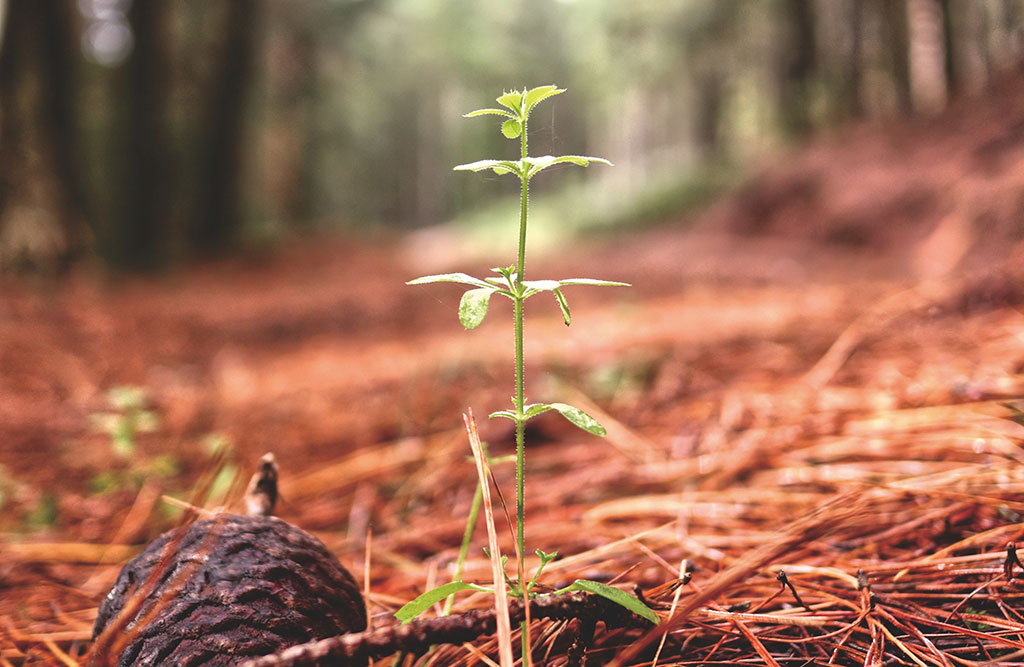A plantation of pine trees, owned by MTO forestry and within Table Mountain National Park is the centre of contention between SANParks and Parkscape, an urban parks safety association.
In August 2016 MTO Forestry began felling the pine trees in the Dennendal Avenue West area (i.e. all forested areas on the east side of Orpen Road/Spaanschemacht Road) to make way for ecologists to restore endangered Cape Flats sand fynbos. However, spearheaded by Parkscapes, an interim interdict was granted to temporarily halt the felling after MTO Forestry, SANParks and Parkscape agreed to suspend the process.
The trees are ‘subject to a harvesting schedule and will come down in 2025 and MTO are entitled to do so,’ said chairperson of Parkscape Nicky Schmidt in an interview with John Maytham on Cape Talk radio on Tuesday afternoon.
Parkscape, an organisation that according to its website, seeks ‘the creation of safe, biodiverse, open and shaded urban parks in the buffer zones of Table Mountain National Park (TMNP) where [the] park meets [the] urban edge.’
According to Schmidt, the problem is not that the plantation trees are going to be removed but rather that SANParks do not want to honour the Tokai, Cecelia management framework which provided for the retention of shaded areas for public recreation.
‘SANParks want all the trees gone and they want to observe their biodiversity mandate,’ said Schmidt.

This would mean that the whole area would return to fynbos, which according to Shmidt would not be suitable for recreation because of the heat. It would also cause potential human-wildlife conflict and be a space ripe for criminal activity.
Schmidt stressed that the group of people represented by Parkscape, ‘are not pine huggers’ and are not trying to prevent the trees from being felled. However, Parkscape want to get to the table and engage in a process of consultation with SANParks over the issue of planting some new trees to provide shade in Tokai, which is used heavily as a recreational area by walkers, runners, hikers, mountain bikers and others.
‘I think the bottom line of the problem is that Table Mountain National Park (TMNP) is an urban national park and it is largely being managed on the lines of a rural national park. It is being managed by legislation and protocols unsuited to an urban national park.’
Image: Unsplash
You may also like
Related Posts
China’s National Health Commission has published a list of controversial coronavirus treatments that have animal...
read more
Warmer sea temperatures in the summer months, especially in February, were recorded and are believed...
read more
While people are stuck indoors due to the coronavirus pandemic, the penguins at the Two...
read more